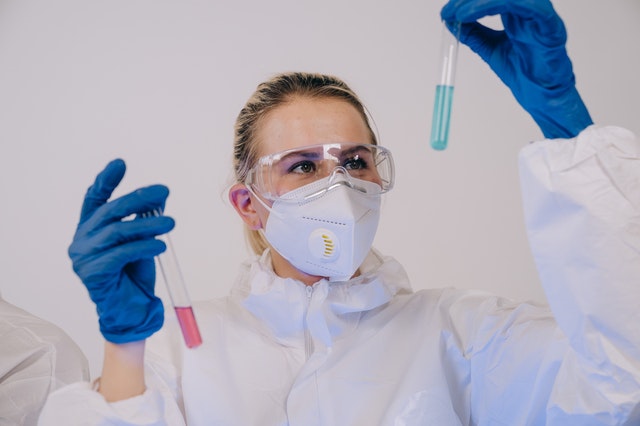Our skin is remarkable. It is not only the largest organ in our body, accounting for 16% of our total body weight and being around 2m² in size, but also one of the first to form. Amongst the impressive list of functions are protecting us from the world around us, helping to control body temperature, and helping to maintain water balance in the body. In short, it has many functions that are vital for maintaining a healthy body.
The skin has many thousand sense organs that provide information about the world around us and it is closely associated with our sense of touch. Touch is an important part of communication, feeling connected to others and for emotional stability. This sense of touch is important from the moment we are born and will remain so throughout our lives. Often a simple contact with another human being will make us feel better when we are physically or emotionally hurt.
The skin is one of the first things people see and on which their first impression of an individual will be based. We only need to look at the cosmetics and toiletries industry to see how much society values the appearance of our skin. In 2017 $9.77 billion was spent in this sector. A recent survey, by Cosmetics Europe, found that 72% of consumers in Europe felt that cosmetics and personal care products improved their quality of life whilst 80% felt they were important in building self-esteem.
The impact of skin disease on an individual can be far reaching, affecting many areas of their life. There is often a perceived stigmatism amongst people suffering from visible skin disorders. In one study 26% of the patients studied reported an incident where someone had tried not to touch them. Skin disease can impact on relationships with others, both of a romantic and friendly nature. There are several mental health issues that can occur alongside skin disorders including depression, obsessive compulsive disorder, social anxiety disorders, post traumatic stress disorder, body dysmorphic disorder, somatoform disorders and delusional disorders.
There have been many studies over the years that have investigated the impact of mental health issues, most commonly stress, on the skin. We know that the behaviour of the skin is heavily influenced by hormones and our emotions. When nervous or stressed there can be some quite significant physiological changes in the skin including increased water loss, increased erythema (redness) and an increase in production of sebum (natural skin oils).
We know that those individuals under emotional stress recover slower from skin problems and many skin problems will become worse. Negative emotions can affect the immune system and cause changes in the response via inflammatory cytokines. This in turn affects the mechanism of inflammatory skin diseases, often making them worse.
Some conditions are reflected in changes observed in the skin. So, as well as reflecting our emotional health, it can be an indicator of our physical wellbeing. Whilst we may spend significant amounts of money on making our skin look good, perhaps we do not always listen to the subtler conversation our skin is trying to have with us. The skin is part of our first line of defence from the outside world and it is important in our feelings of self-worth and mental wellbeing. Therefore, we can say that a healthy skin is important for a healthy body and mind as well as reflecting our overall health and wellbeing.
—







